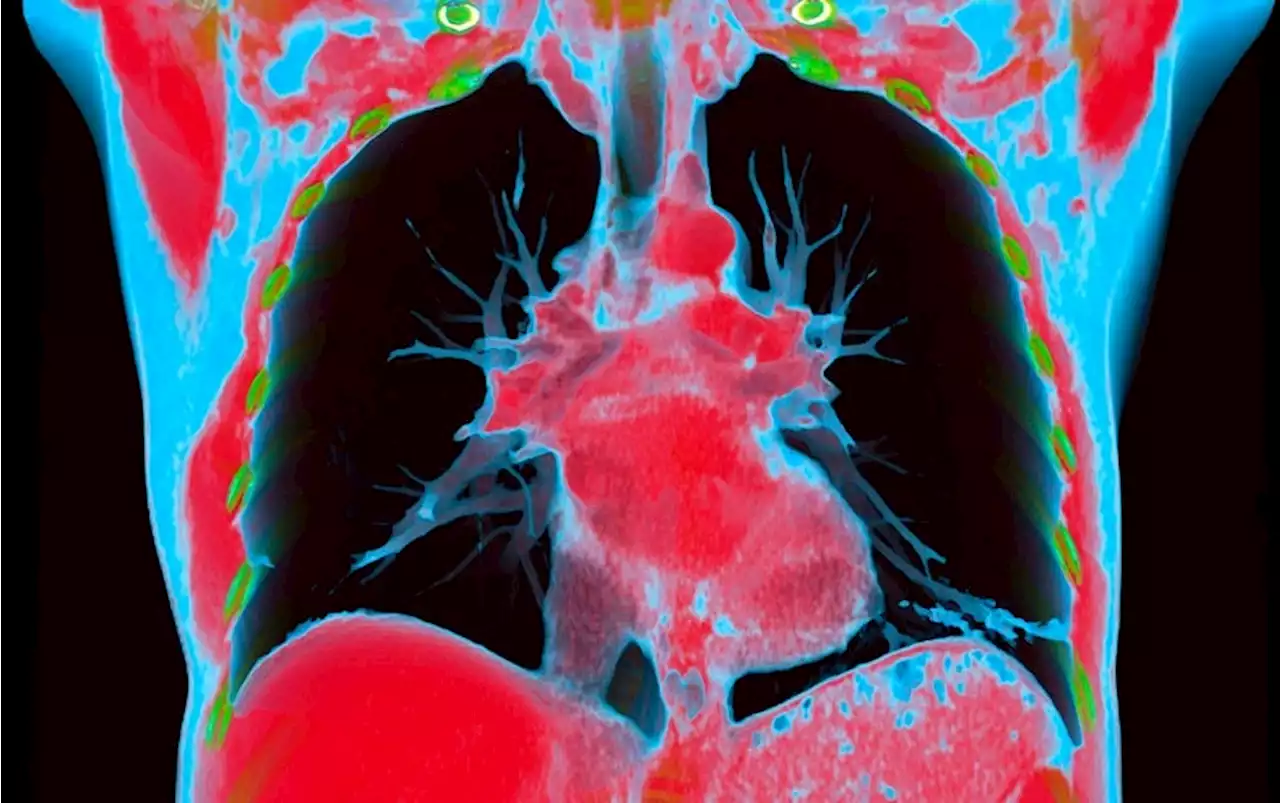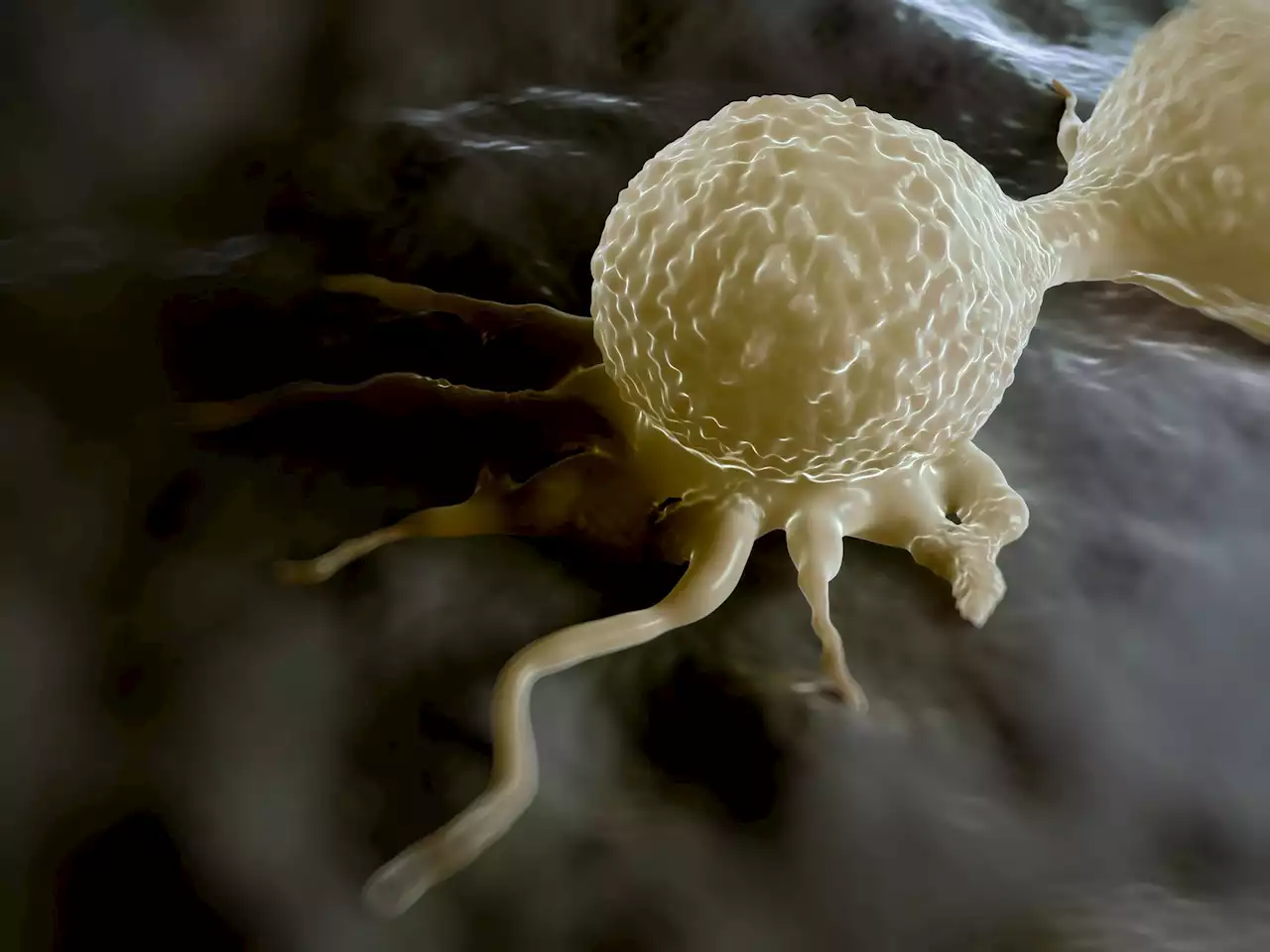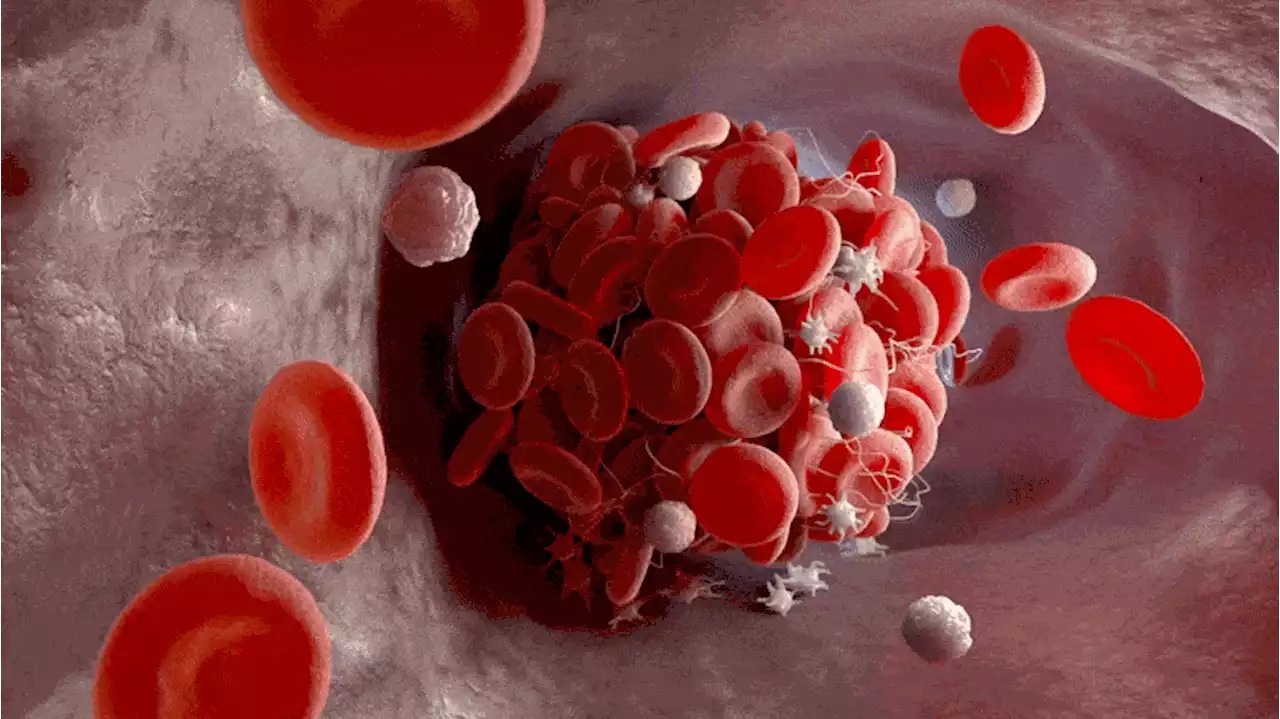'I'm worried that a lot of transmission is occurring,' UCSF's Dr. Peter Chin-Hong said. 'Not because people are being devious or irresponsible, it's just that they don't know they're positive.'
A UCSF infectious diseases doctor says the new BA.5 variant is creating more false negative home tests, and it could be leading to more transmission.Why is the BA.5 COVID-19 variant spreading so quickly? A UCSF infectious disease expert is now saying it is testing -- not bad behavior -- that may be causing the rapid spread of the disease.
"I'm worried that a lot of transmission is occurring," Chin-Hong said. "Not because people are being devious or irresponsible, it's just that they don't know they're positive." "You can be swabbing your nose until there's no tomorrow, but if all the action is in your throat, it takes a while for that virus to go up to the nose," Chin-Hong said. "So that's why you're turning negative for a long time until you turn positive when the virus gets up to the nose."Chin-Hong said the other factor is how a vaccinated person's immune system responds to this strain.
Indonesia Berita Terbaru, Indonesia Berita utama
Similar News:Anda juga dapat membaca berita serupa dengan ini yang kami kumpulkan dari sumber berita lain.
 1 In 8 COVID Patients Likely to Develop Long COVIDOne in eight adults diagnosed with COVID-19 will likely experience long-term symptoms, a large study published this week shows. Breathing difficulties, chest pain, tiredness, loss of taste and/or smell among the symptoms most likely to hang on.
1 In 8 COVID Patients Likely to Develop Long COVIDOne in eight adults diagnosed with COVID-19 will likely experience long-term symptoms, a large study published this week shows. Breathing difficulties, chest pain, tiredness, loss of taste and/or smell among the symptoms most likely to hang on.
Baca lebih lajut »
 1 In 8 COVID Patients Likely to Develop Long COVID: Large StudyBreathing difficulties, chest pain, tiredness, loss of taste and/or smell among the symptoms most likely to hang on.
1 In 8 COVID Patients Likely to Develop Long COVID: Large StudyBreathing difficulties, chest pain, tiredness, loss of taste and/or smell among the symptoms most likely to hang on.
Baca lebih lajut »
 More than a million could die waiting for green cards as U.S. immigration buckles amid COVIDDelays processing millions of visas, work permits, green cards, naturalization petitions and cases languishing in immigration courts are so severe that experts say they can't be resolved without significant reforms.
More than a million could die waiting for green cards as U.S. immigration buckles amid COVIDDelays processing millions of visas, work permits, green cards, naturalization petitions and cases languishing in immigration courts are so severe that experts say they can't be resolved without significant reforms.
Baca lebih lajut »
 The Risk of Heart Disease After COVIDSome studies suggest that the risk of cardiovascular problems, such as a heart attack or stroke, remains high even many months after a SARS-CoV-2 infection clears up
The Risk of Heart Disease After COVIDSome studies suggest that the risk of cardiovascular problems, such as a heart attack or stroke, remains high even many months after a SARS-CoV-2 infection clears up
Baca lebih lajut »
 New Breast Cancer Treatments Inspired by mRNA COVID-19 Vaccine InnovationScientists at Queen’s University Belfast have received funding from Breast Cancer Now to support their quest for new treatments inspired by COVID-19 vaccine innovation. The research team will adapt lessons from the development of COVID-19 vaccines in the search for new treatments for an aggressive f
New Breast Cancer Treatments Inspired by mRNA COVID-19 Vaccine InnovationScientists at Queen’s University Belfast have received funding from Breast Cancer Now to support their quest for new treatments inspired by COVID-19 vaccine innovation. The research team will adapt lessons from the development of COVID-19 vaccines in the search for new treatments for an aggressive f
Baca lebih lajut »
 COVID-19 Research Reveals Additional Link Between Immune System and Blood ClotsSuPAR Identifies Patients at High Risk of Blood Clot Formation A study from a COVID-19 cohort reveals an additional link between the immune system and blood clots, which could improve the treatment of critical illnesses. Blood clots are thought to occur in as many as a third of patients hospital
COVID-19 Research Reveals Additional Link Between Immune System and Blood ClotsSuPAR Identifies Patients at High Risk of Blood Clot Formation A study from a COVID-19 cohort reveals an additional link between the immune system and blood clots, which could improve the treatment of critical illnesses. Blood clots are thought to occur in as many as a third of patients hospital
Baca lebih lajut »
